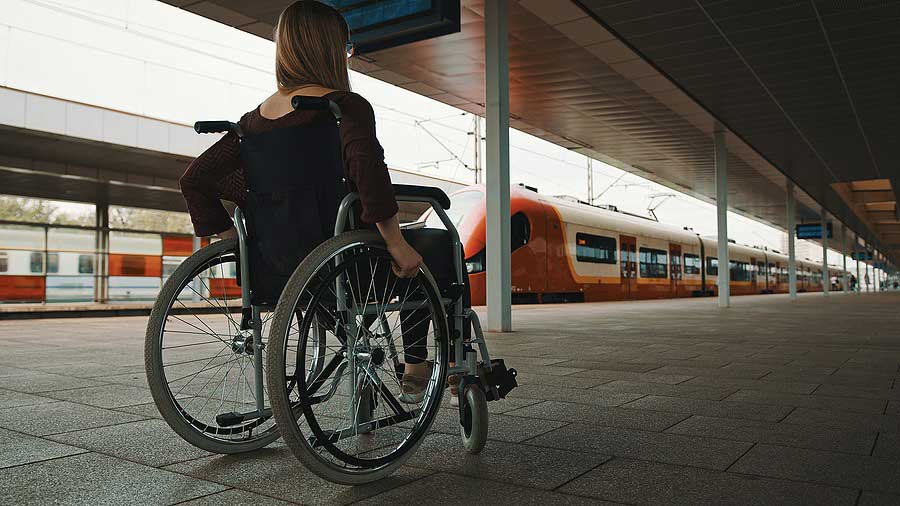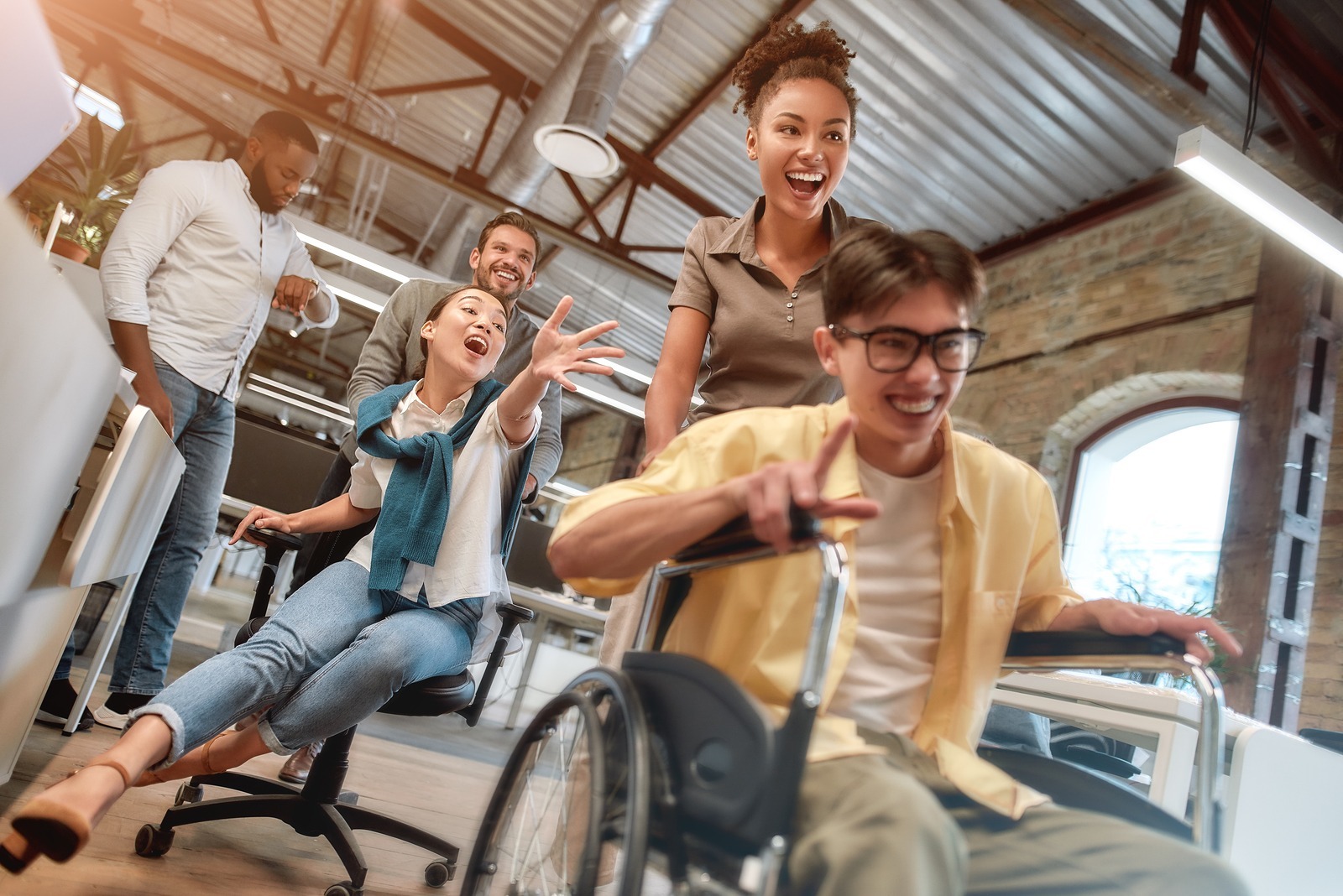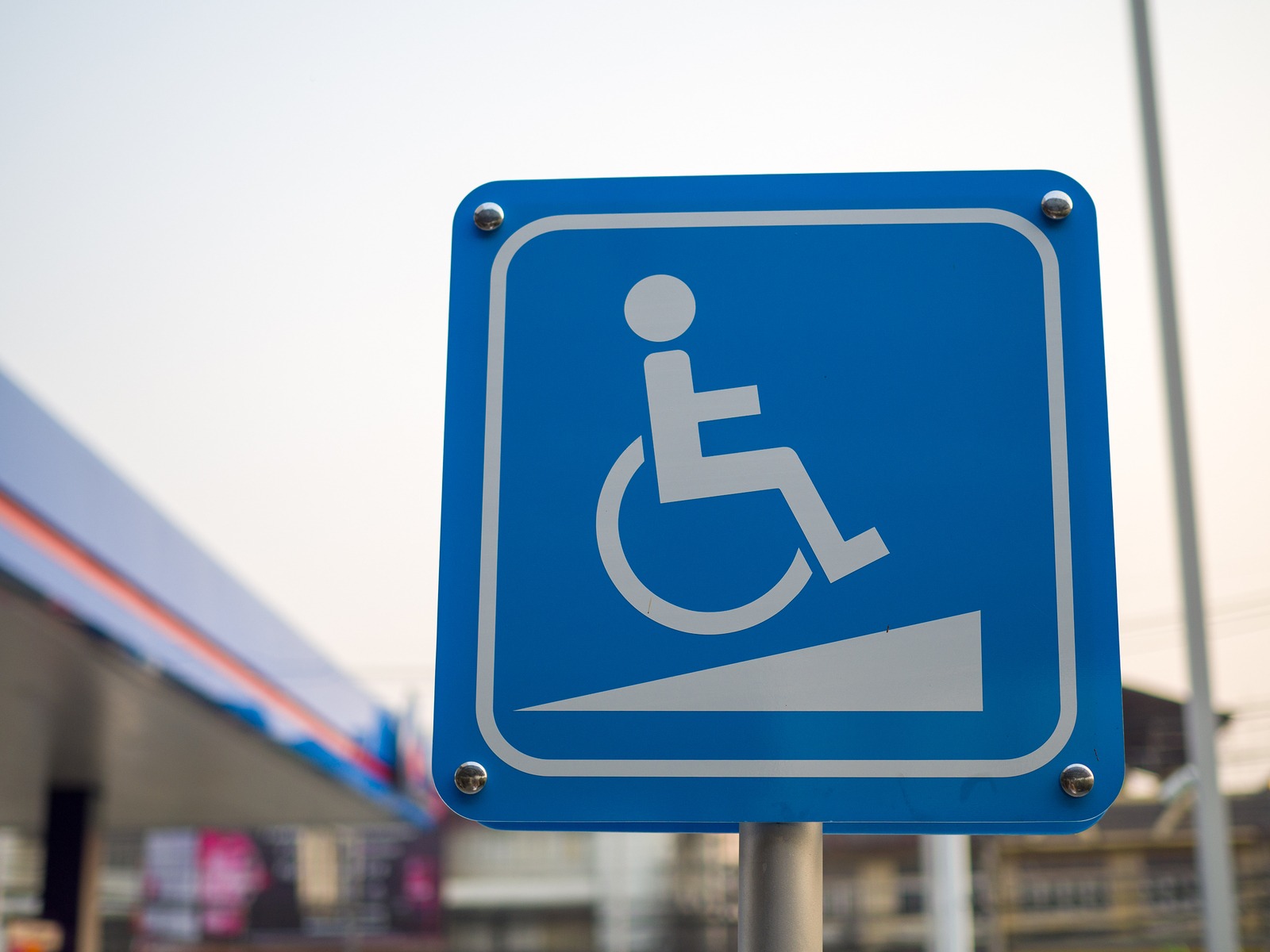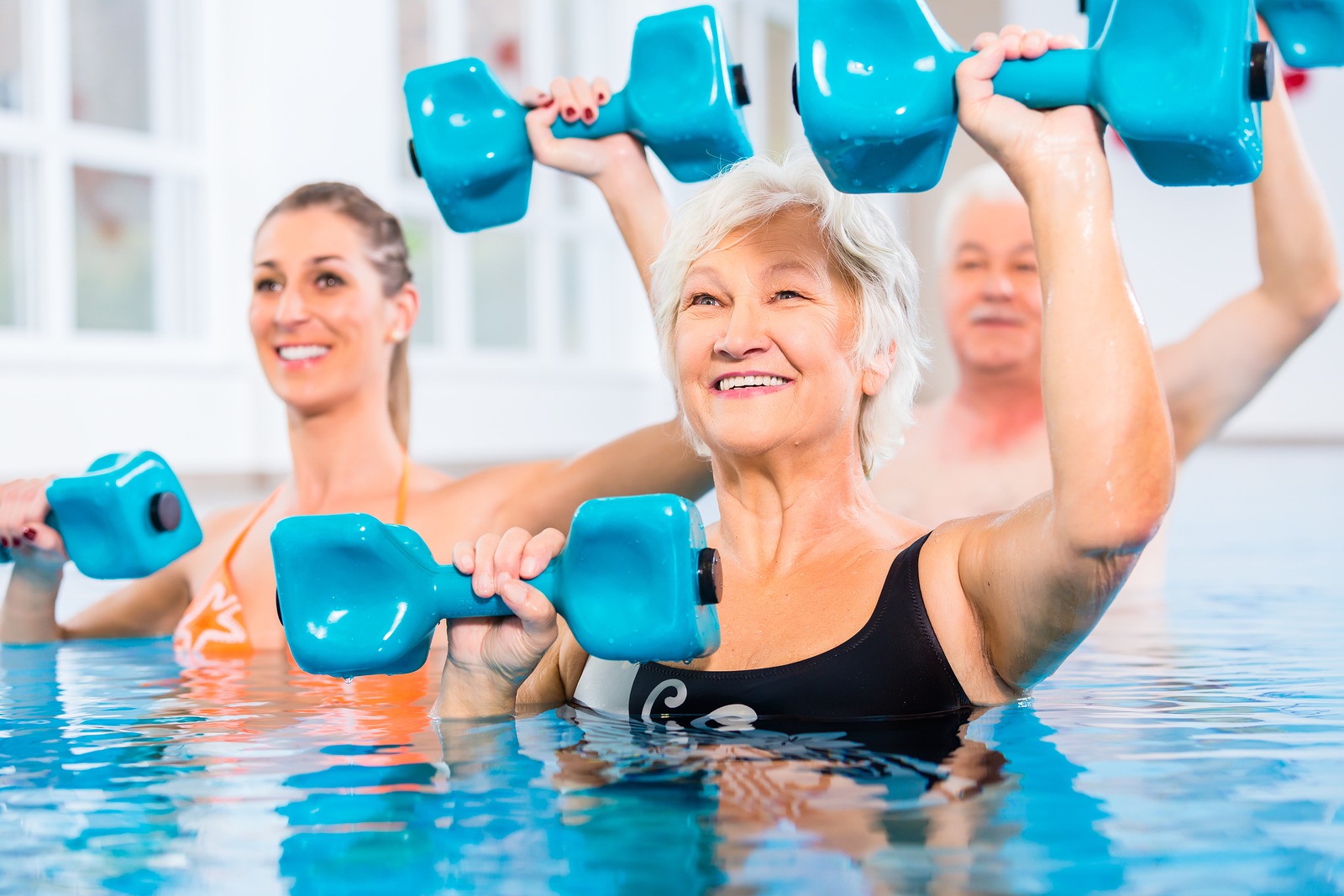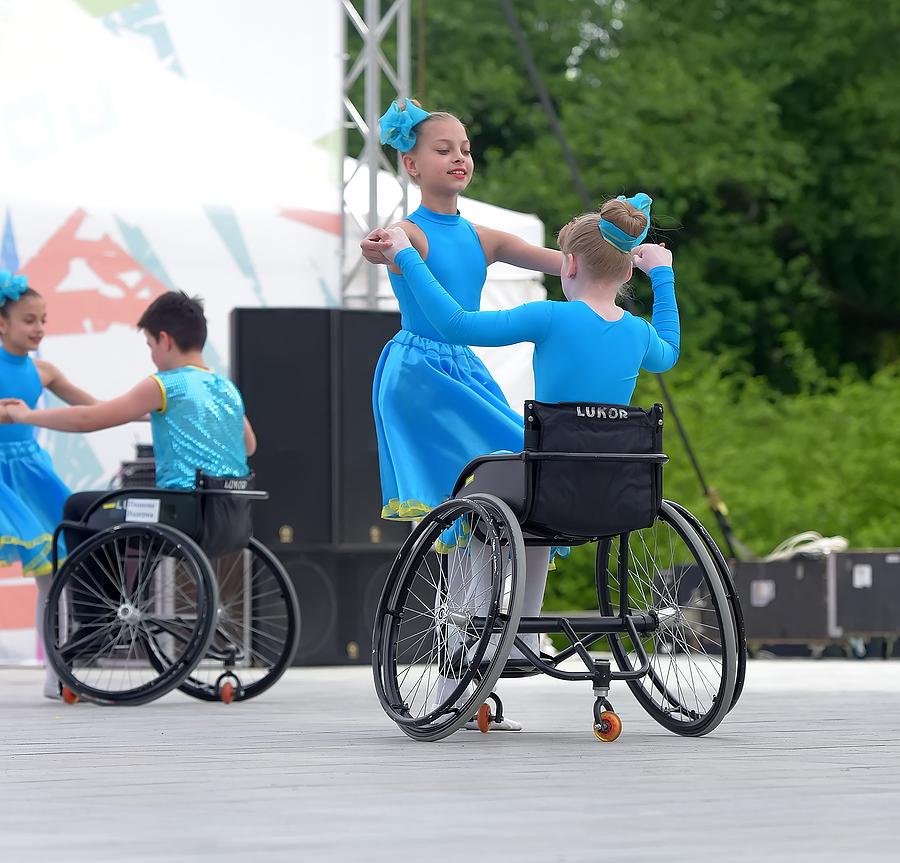
How Dance Can Help Boost Confidence & Self-Esteem
Towards the end of last month (November), Leonard Cheshire Cymru’s disability dance competition – Strictly Schools – completed its 2021 season with an Evening at the Ballet broadcast on BBC1 Wales as part of the BBC Children in Need Appeal show.
The programme was carried out this year by a range of passionate teachers and dancers, helping to make lasting differences in the lives of children with disabilities, with the project delivered through online tutorials, live classes and in-person learning.
The competition provided fun experiences for all, as well as learning opportunities, helping children to grow in confidence, learn new skills, strengthen friendships and improve their fitness and flexibility.
The charity’s Emma Wilcox said: “Delivering Strictly Schools has been empowering and inspiring from start to finish. Seeing the young people discover their confidence as they coproduce their routines has increased their independence and belief that they can achieve anything they put their minds to.
“This project uses dance to take young disabled people on a journey increasing their sense of self, enhancing their wellbeing whilst creating and developing friendships.”
Unlike those without disabilities, it can often be challenging for disabled people to join in with certain recreational activities – but adaptive dance and physically integrated dance provides them with an outlet to learn how to move and share their creativity and artistry, irrespective of their range of mobility.
Dance can also really help disabled people express themselves in ways they may not have thought possible – and it’s also a huge amount of fun, while helping students grow in confidence, develop communication skills and new techniques, and improving their motor skills at the same time.
Looking for inflatable bath lifts at the moment? Get in touch with Practical Bathing today.

